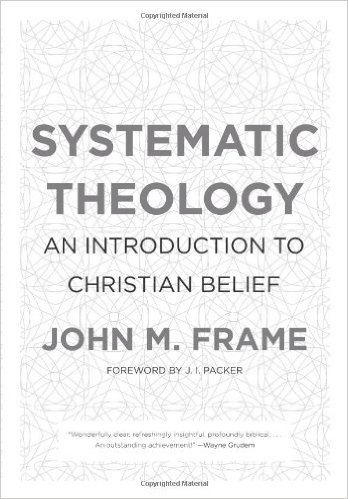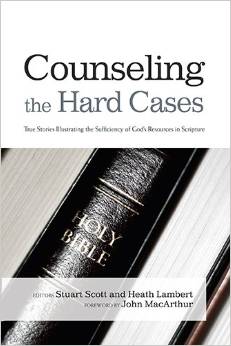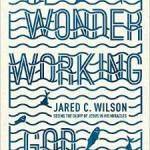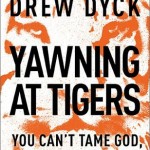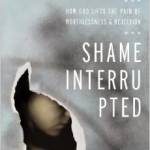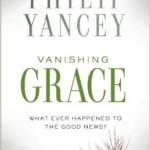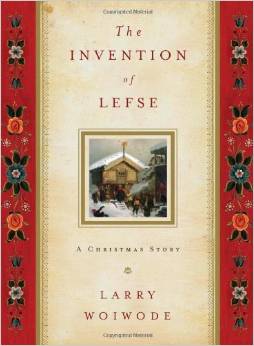I’ll admit it.
I’m a nerd. A geek.
If I didn’t wear contacts, I’d sport a pair of coke-bottle, plastic rimmed glasses. Literally, because my eyesight is so terrible. But theoretically, too. I like to study. I like to read, academically.
A couple of weeks ago, I had the great privilege and gift of being able to attend The Gospel Coalitions Conference for Women, in Indianapolis. I had bought the ticket, back in October, fully thinking that there was no way that I’d be able to actually go, and that I’d probably have to sell or give the ticket away, as the time approached.
But things miraculously worked out. And I mean to use the word “miraculously”, in the fullest sense of the word. For instance, I’ve traveled more this year than any year with my company, and so I had enough miles to buy a ticket. And a dear friend from Midwestern Seminary, too many years ago to number, happened to also be attending, and invited me to sleep on her hotel floor. And, to top it off, I had Uber credits to score a free ride from the airport, to the convention center.
If you’ve ever been to a TGC conference, or a T4G conference, then you know that one of the highlights is the bookstore.
I tried to stay out of it. Really, I did. I knew that, if I walked into that cavernous hall with all those tables of books, I’d be in trouble.
But, alas, I have no willpower.
In I went.
And out I came, with–yep–books.
But there is one book that I ended up bringing home, in particular, that I want to share with you.
It is John Frame’s “Systematic Theology”. 1219 pages of theological nerdiness. (That includes the index, of course. Don’t you read the index? I rarely read the foreword, but I always look through the index.)
I’ve had my eye on this book for a while. But, it is pricy. Not in my budget. I figured that I’d have to wait until I found it in a used bookstore somewhere, before I could acquire it.
But not any longer. Because it is sitting on my desk, as I type this.
I had stopped by P&R Publishing’s booth, to peruse their selection. As I chatted with the person who was manning the booth, (and as I signed up for their book giveaway, of course), our talk turned to blogs, and I asked if they have a “Blog Book Review” program, similar to what I participate in, for Crossway Publishers. In exchange for free copies of books, I write a fair and unbiased review on this website, along with other popular sites such as Amazon and Goodreads.
She told me that they did, and had me fill out a form. We moved on to other topics, and I saw Frame’s Theology out of the corner of my eye. I picked it up and said something to the effect of, “Someday I hope to read this!”.
And then she asked me if I’d be willing to write a review on it.
Um, YES.
So, at the conference end, she handed me this 5-pound book (at least).
And I am so excited, to share it with you, my friends.
But not just because I’m a nerd. And not just because I am grateful to own a copy of this book that I’ve wanted to read.
But because of this: Theology matters.
Theology is, by definition, the study of God. (according to Webster)
But, it is more than that, as well.
And Frame explains this, so clearly, in his very first chapter, titled “What is Theology?”
We can study God all day long. I know, because I have. I have so studied Him and studied Him and studied Him, with no change in either my soul or mind. I have been known to analyze and categorize and place God in the correct “columns” in my mind, and yet find myself so very far removed from who He is, and what He has done, and what He is doing, and what He is going to do.
And, so far from who He is.
And I suppose, in a sense, that is theology. But it is not how God, Himself–the creator of all disciplines and sciences–intends the study of theology to be.
And, Frame gets that.
In this first chapter, Frame urges us to not just recognize that scripture, above all, is the authoritative source for any study of God. Frame’s work? The one he spent hours and months and possibly years writing and thinking about and losing sleep over? It is fallible. It is not authoritative. It probably is not all correct, in interpretation. But Frame recognizes that, and he wants his readers to also recognize it. Nothing–no words of any man–has authority over the authority of scripture and its ability to explain itself.
Once that is established, Frame wrote on to give us these key points, in chapter one:
“Theology…responds to the needs of people. It helps those who have questions about, doubts about, or problems with the Bible.”
Yes. A thousand times yes. Theology, when written well, and when based on the authority of scripture first, is an excellent source for those of us who find ourselves swamped with questions–and doubts. It’s a way of putting the puzzle pieces together in a rational way, so that we can embrace–and be embraced–by the seemingly irrational love of a Savior, who would give His life for the redemption of ours. Sometimes, I need such rational study, to stave off doubts and questions, and connect my mind and my soul. Maybe you do, too.
“Nor would it be wrong to say that theology occurs in the lives of people, in their behavior, as well as their speech….Their application of the Word in their behavior may be called theology. So theology is not merely a means of teaching people how to live; it is life itself.”
Again, yes. Theology, without application in our lives, can be reduced to the dry recitation of ancient words with little meaning. That, my friends, is not what scripture is; nor is it what scripture was intended to be. The Word (in this sense, God–see John 1:1) is alive. He was before the world, and will be for eternity. He is infinite. And those, the revelation of who He is–the words of scripture–is a living thing as well. We do not worship scripture, though. We worship the one that is revealed through scripture. And one of the ways we worship Him, is through obedience to what we read in the Bible. Application must always be the goal, of solid, biblical theology.
“If we are to apply the Bible, we must be in constant conversation with the Bible.”
We can’t apply something that we don’t know. Good, strong theology will always, always, always point us back to the Bible. And the Bible will always point us to our Lord and our God.
Yes.
I’m excited to start this walk-through of this book. Ok, ok, the nerd in me is excited, yes. But I’m also looking forward to systematically thinking about the whole of scripture. I’ve read Grudem’s excellent Systematic Theology; but when I did, I was in a very different place in my relationship with God. Much has happened since then. I’m eager to see what questions may be answered, what thoughts may be generated, what new things may be learned, what doubts or fears may be quelled, and what peace may be attained, even, in the realization and remembering that, even in the things of God for which we do not have answers for, He remains God.
I often need reminded of that.
Thank you P&R Publishing, for the gift of this opportunity.
And thank you, dear readers, for joining me for this adventure. I hope to do a chapter a week, here in this space (of course, I’ll also write other items as well–there seems to always be something I want–or feel the pull–to write about). Next week, I’ll be out due to a planned surgery, but I’ll return the following week, to review the second chapter: “The Lord”. Can’t wait.
Let me leave you with this, from Frame, tonight:
“Systematic theology seeks to apply Scripture by asking what the whole Bible teaches about any subject…..At best, the system is a summary of Scripture, but Scripture itself (in all its narratives, wisdom, deliverances, songs, parables, letters, visions) is our true authority, the true Word of God.”
Amen, and Amen.
(If you’d like to examine the book closer, you can click on the links in this article. They will take you to P&R’s website, where they are running a special on this book!”

